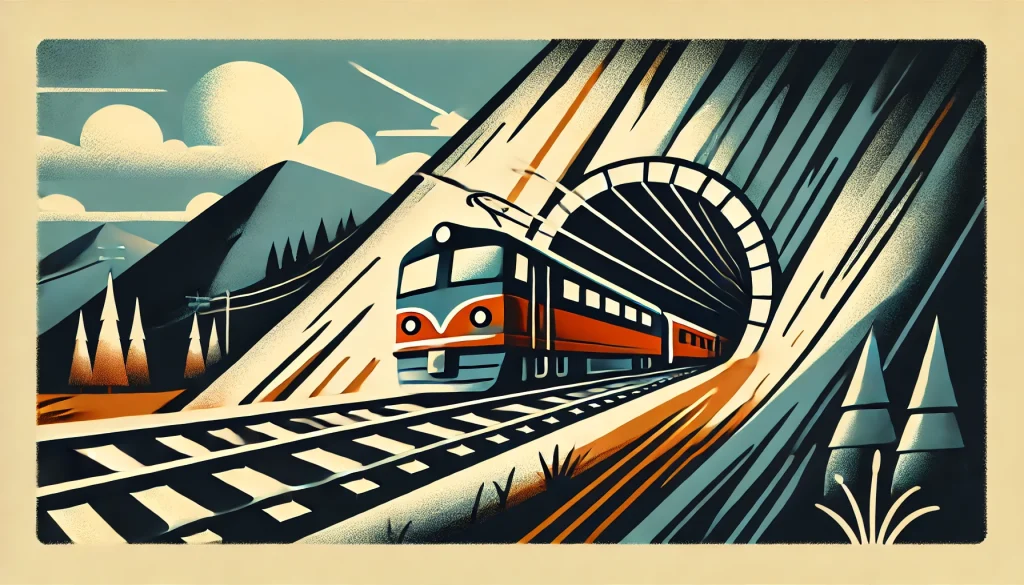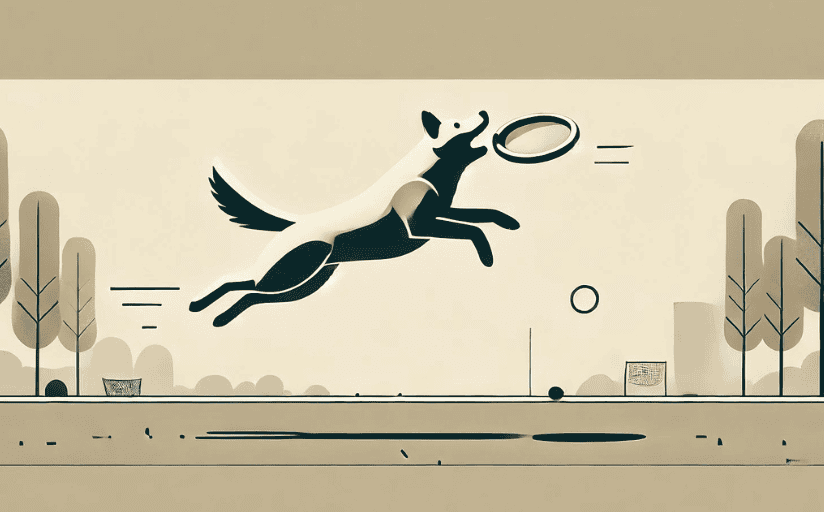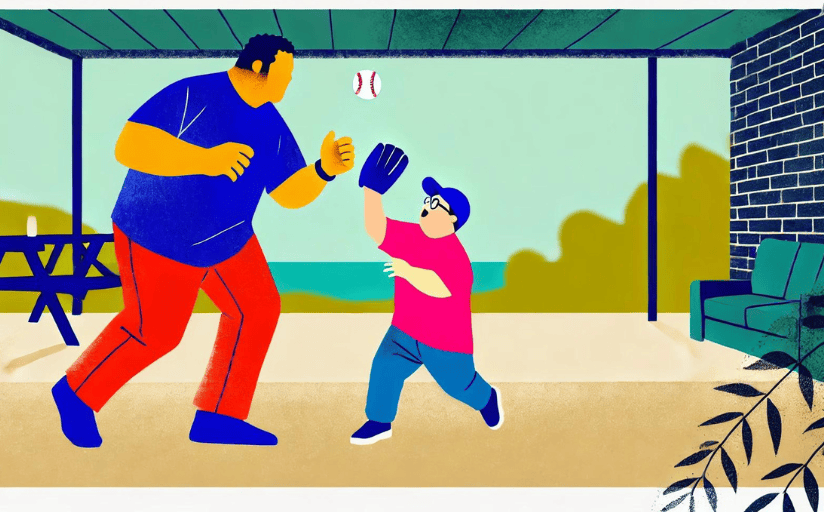“Over the river and thru the woods, to Grandmother’s house we go….” Did you notice anything strange about that last sentence, besides the fact that you sang the melody in your head as you read it? Would it look better if I replaced thru with through? What if I put threw in there instead of thru?
If you’re still over there scratching your head about this, it might be a good idea to refine your knowledge of through vs. thru vs. threw.
Thru vs. Through vs. Threw at a Glance
Deciding when to use thru vs through or threw is a lot easier to do when you understand what each of these words means. Here is the difference between threw, thru and through, as well as how to spell each one:
- Through means that you’re moving somewhere from beginning to end in a linear manner.
- Thru is just another less formal version of the word through.
- Threw means that you propelled something through the air.
When To Use Through

The word through usually describes movement and can be used in one of two ways. First, you can use this word to remark that you moved in and out of something or from one place to another. Second, you can use through to note that you are finished with something.
Examples of using through:
- After sitting on the phone with his insurance company for two hours, he wanted to be through with them forever.
- They decided to walk all the way through the mall, even though it was packed.
- Don’t worry, we’ll get through this together.
- He punched a hole through the wall.
When To Use Thru
Here is where things get a little bit tricky. Although thru has the same meaning as through, this doesn’t necessarily mean that this word should start showing up in your professional writing.
For example, you can get away with using the word thru as you text your best friend or when you post on Facebook, but you should probably avoid using it when you’re applying for a job, writing an academic paper, or crafting any sort of formal document. If you aren’t sure whether or not to use thru or through, take a minute and think about who your audience is and you’ll probably make the right choice. Here are some examples of using thru vs. through to help you sort it out:
Examples of using thru:
- “Go thru the tunnel and turn right to get to my house,” she texted her friend.
- If you decide to walk thru the storm, you might have to do your hair all over again.
- You can get your food faster by going through the drive thru.
When To Use Threw

The word threw is a verb that is used when you want to indicate that something moved through the air, usually with a little bit of force. To make things easier on yourself, just keep in mind that threw is the past-tense form of the word throw.
Examples of using threw:
- As he threw the Frisbee, he realized it was going straight for the girl’s head.
- Instead of eating her broccoli, the child threw her plate forcefully against the wall.
- After unwrapping the present, she quickly threw the packaging away.
Using Thru, Through and Threw in a Sentence
Just had to throw this last tongue twisting example in here for fun:
- After he threw the ball through the hoop, he celebrated by going through the drive thru.
You’re welcome.
Thru vs. Through and Threw: You’re Almost Through
When it comes down to it, understanding through vs. thru vs. threw really isn’t too difficult. All you have to do is remember that threw means that you’re throwing something, through means that you’re moving somewhere, and thru is a word that you probably shouldn’t use all the time unless you’re texting someone. See? Understanding thru vs. through and threw is easy!
Although you might be through with grammar for the day, make sure that you comment and mention any other commonly confused words that give you trouble. Check out some of our other Commonly Confused Words posts.


Leave a Reply